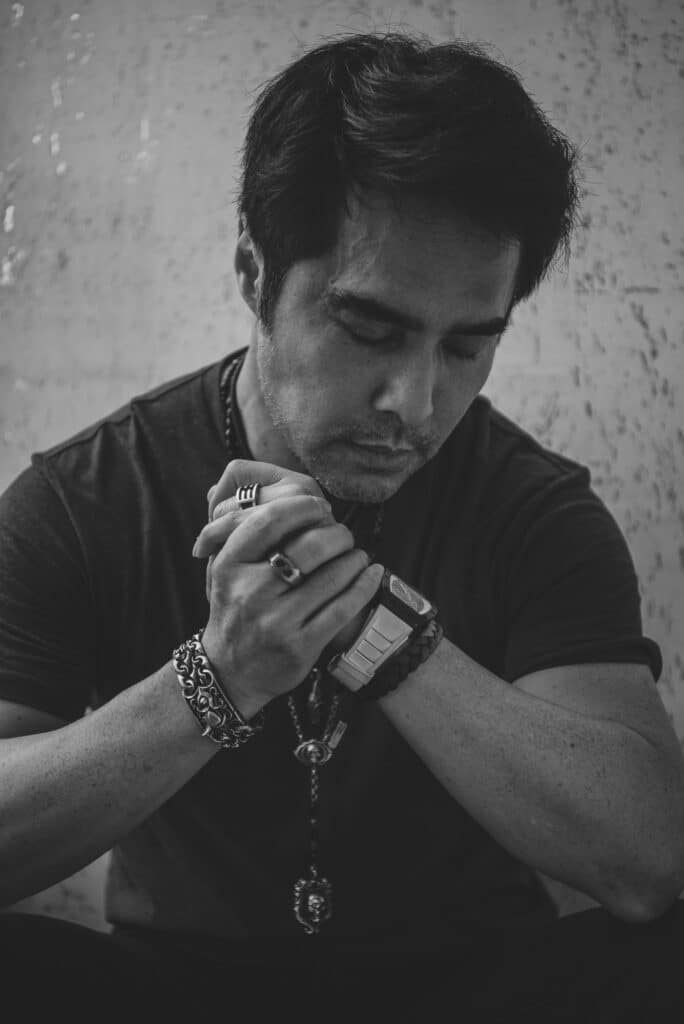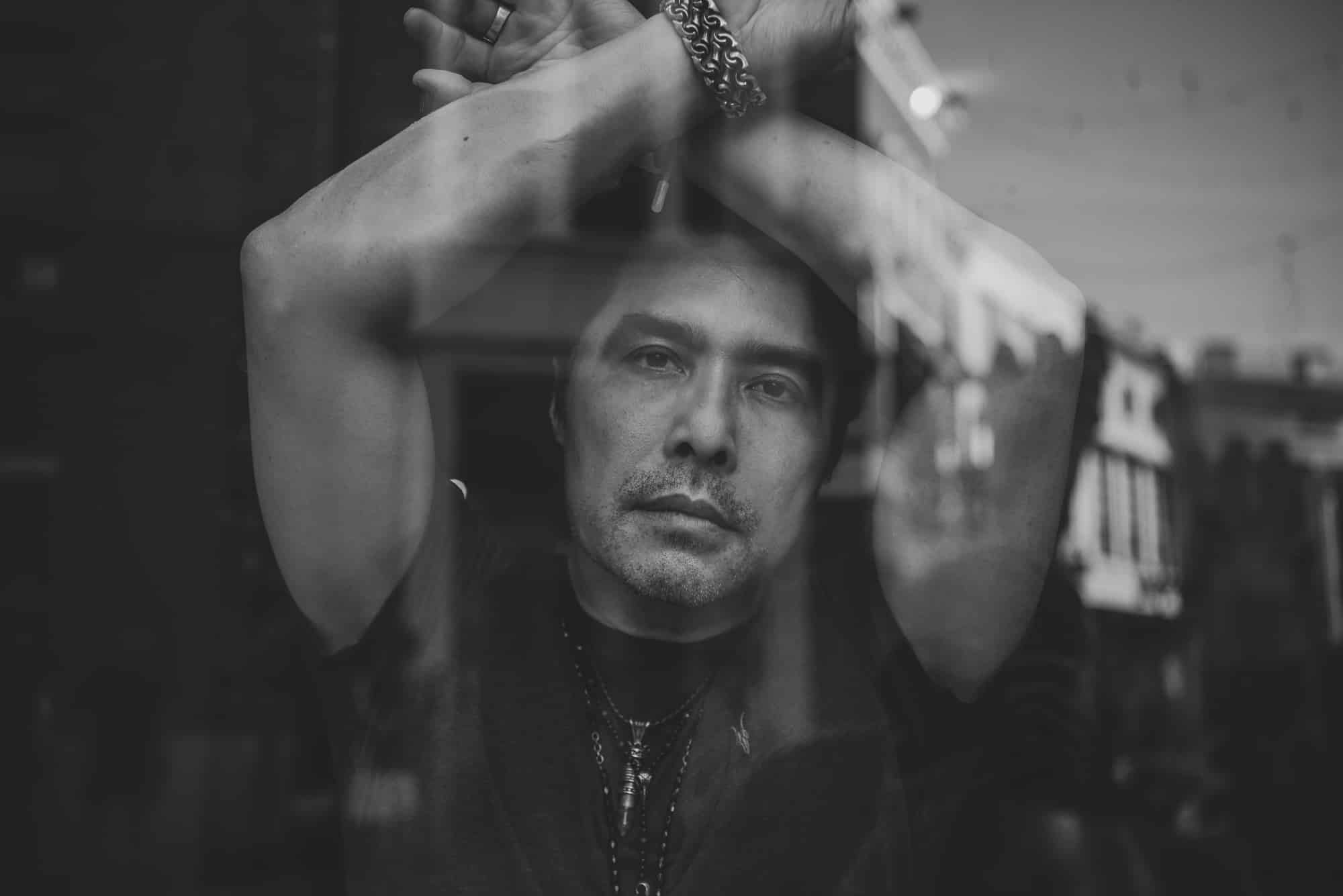Sir Daniel Winn is a world-renowned contemporary artist whose work has sold for seven-figure sums, with fans calling him the modern-day Salvador Dali.
He is also the founder and curator of Winn Slavin Fine Art, with two blue-chip galleries in Beverly Hills, including one on Rodeo Drive, one of the most opulent streets on earth.
But this world of money and grandeur could not be further from Daniel’s impoverished early years, when he was living on the streets of Vietnam aged just seven, and stealing food to survive. Then, aged nine, he was given the opportunity to escape the Vietnam war and immigrated to the US, where he put the guile he learned during his challenging childhood to good use climbing to prominence in the Los Angeles art scene.
His ascendance was complete in 2018, when he was bestowed the title of Sir having been honored for his charity work by Prince Waldemar Schaumburg-Lippe, a descendant of the Danish royal family.
Here, the painter and sculptor, who has donated more than $2 million to good causes focusing on children and the elderly, tells his rags to riches story and describes why he is now focused on philanthropy to give others dignity and opportunity at the beginning and end of their lives.
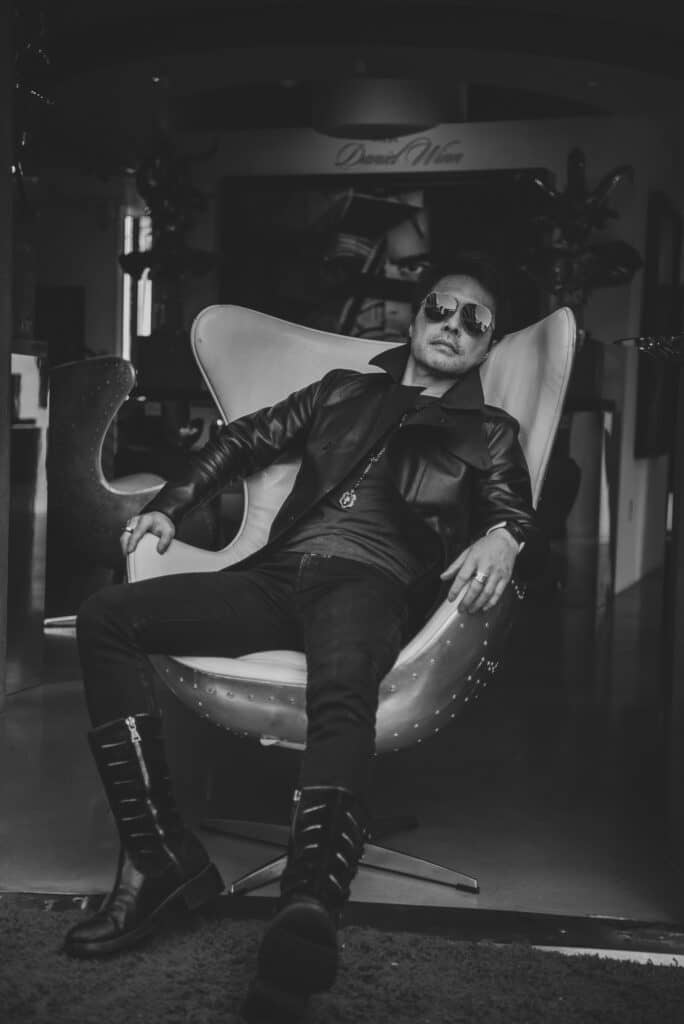
What are your earliest memories? Do you remember living in Vietnam?
I do remember Vietnam. My childhood was very traumatic. My father went to war in 1969, when I was a young child. He did not come back for a few years because he got hurt and was in a coma, and we all thought he had passed away. My birth mother remarried, and my stepfather mistreated me. My grandmother was a good woman, but the communist government had taken everything from her, so she couldn’t take care of me. She told my uncle to rescue me, and I lived with his family for a couple of months, but then he went to war and died. So as a child, I was pretty much abandoned. I was put into an orphanage for about a year, and I was so distraught about being abandoned that I was not an easy child to deal with, so they also kicked me out. I was like an Oliver Twist character, living on the streets and stealing fruit and vegetables to eat. This was at seven to eight years old.
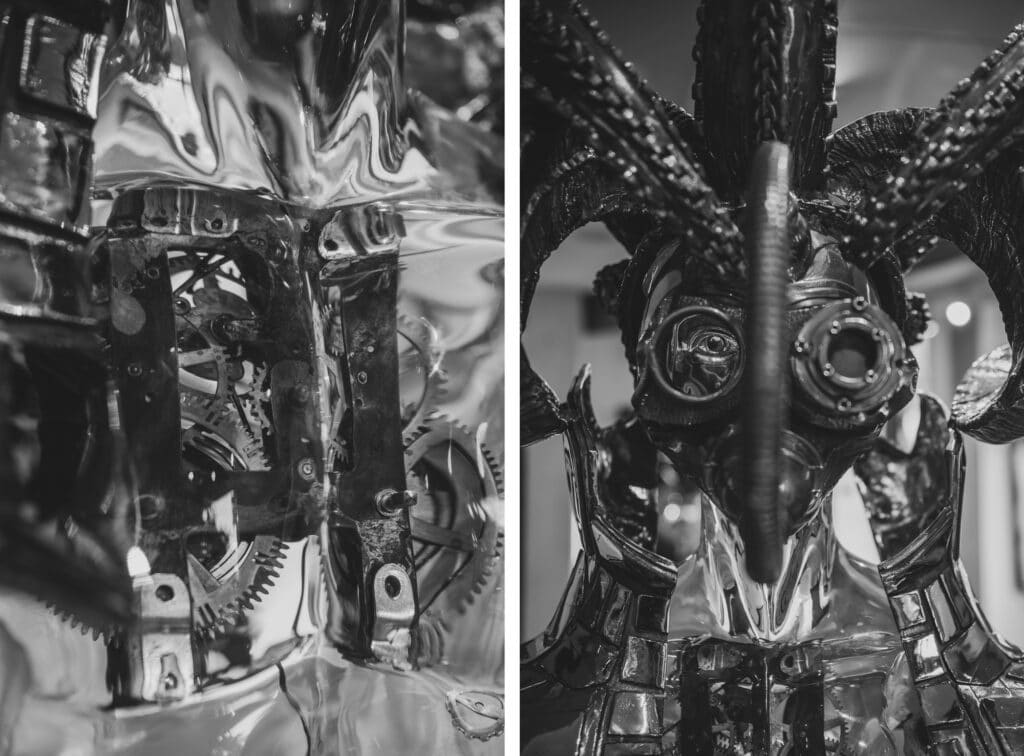
But eventually, in 1974, my father returned. He remarried and got a decent job, becoming a translator for the US Embassy. In 1975, we were given the opportunity to escape Vietnam for America. I remember running through the streets with my father on the last day before the fall of Saigon, when people were screaming, yelling, and being shot. I remember being picked up by a helicopter from the top of a building, before going on a cargo plane to Guam [a US island territory in the Western Pacific]. I didn’t really know what an airplane was, and my father just told me I was going on a metal bird. We stayed in Guam for several months before going to Camp Pendleton in the US.
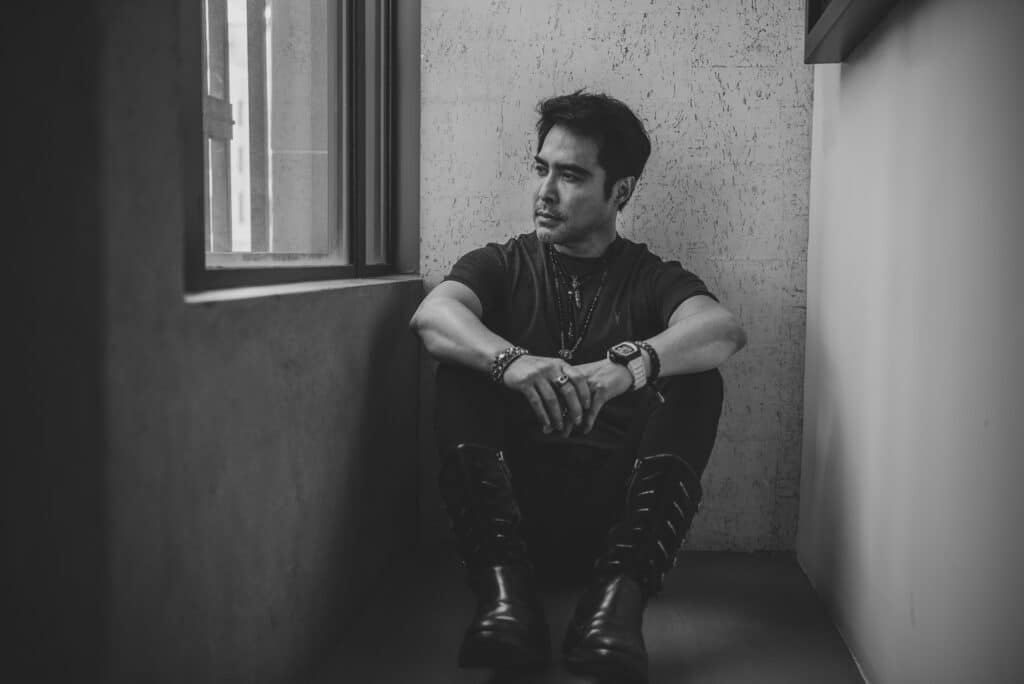
I remember they gave me hot dogs and jello which was so foreign to me, and for about a week I couldn’t eat the food. We were in Camp Pendleton for about four months before we were sponsored to live with a family in Ventura County. My father and mother worked picking fruit for a living, and I entered third grade without a single word of English. My parents went to school at night, and my father became an attorney, and my mother an architect. They wanted me to do well at school, and I ended up going to medical school to pursue a career in reconstructive surgery, but then ultimately I gave it up to become an artist.
So my childhood was horrible and traumatic, but it has made me who I am today. In fact, people in Hollywood have approached me to do a feature film of my story, to be released in 2025 to coincide with the 50th anniversary of the fall of Saigon. The screenplay is being written now by an award-winning screenwriter.
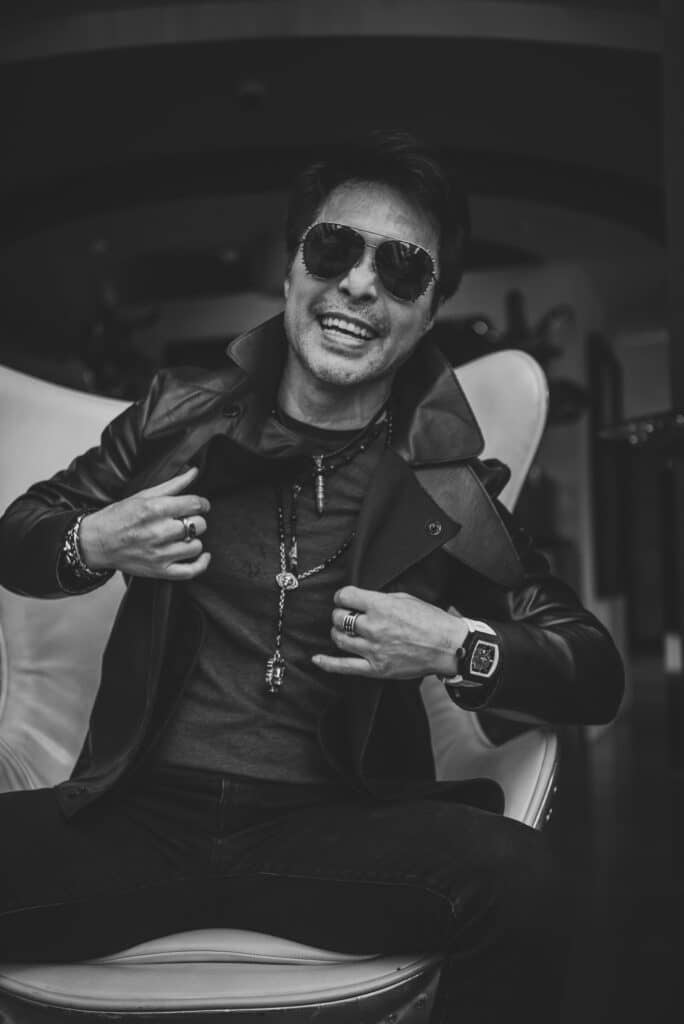
How did your passion for art develop?
I knew I wanted to do more with my life, and there was a reason I was still here. I could have been dead as a child, and there were several times the darkness almost took over. But I overcame that depression because I knew there was a purpose for me.
I decided that, as a doctor, I can probably heal people physically for a lifetime. But as an artist, I could create something that can still heal and help people intellectually, emotionally, and spiritually even when I leave this world. So I left my medical profession, and lived in my beat-up car, eating ramen, for about three years, working in an art supply store for $1.75-an-hour so I could get an employee discount. I had lived homeless as a child, so this was nothing new for me. And eventually I saved enough money to rent a space and open my own framing studio. I made enough money from that to ultimately open a small art gallery in Laguna Beach, and start selling my own work alongside some other artists work. From that I met some very prominent people that started to collect my work. And the rest is history.
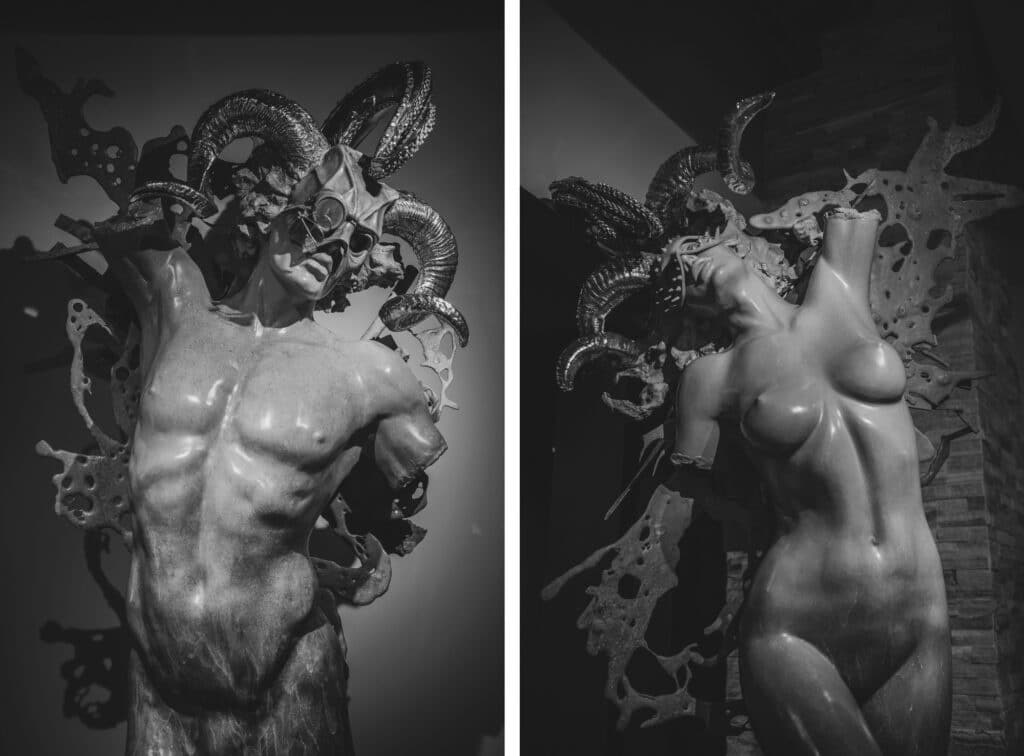
I know you are an active philanthropist, why are you so dedicated to that path and how does it make you feel?
Obviously I grew up with nothing, and have now gone to the extreme of spending time on private yachts and jets. So I’ve experienced both sides. When I see the orphans, I see myself. So I dedicate a lot of my financial resources to the orphanages out there because those orphans are me. I want to give them a helping hand to show there’s a reason and place for them in this world. The orphanages in Vietnam are all funded by private donations, so if the orphanages don’t have money, the kids will have no place to live, and no food to eat.
And I also donate to elderly homes. My grandmother was my foundation and my anchor, because when I had no one, she was there, even though she was so poor. When I go to the elderly homes in Vietnam, there are about 200 elderly women over the age of 80, living in rooms with hundreds of bunk beds, with one bag on their bed that is their whole life. I want to make sure that the elderly, like my grandmother, who have nobody to take care of them, receive help.
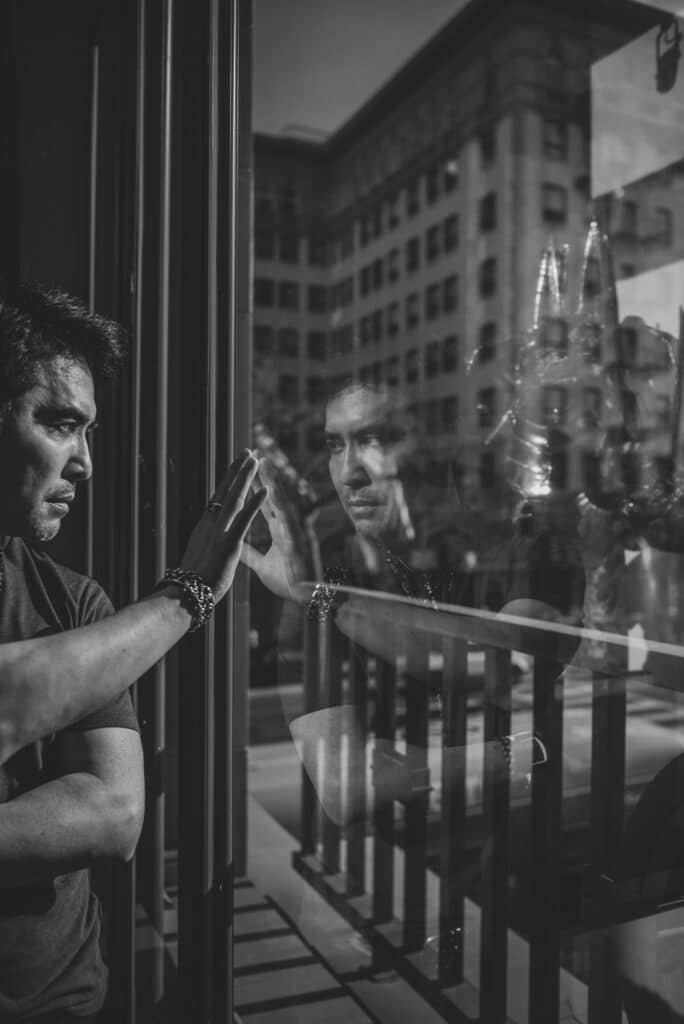
How does this work make you feel?
I think it is my purpose in life. To show an orphan or an elderly person there is a purpose for them at a higher level than to struggle. I want to help them financially, but also just by being there and showing the orphans that I was them, and those elderly people that they are my grandmother, and that I care.
